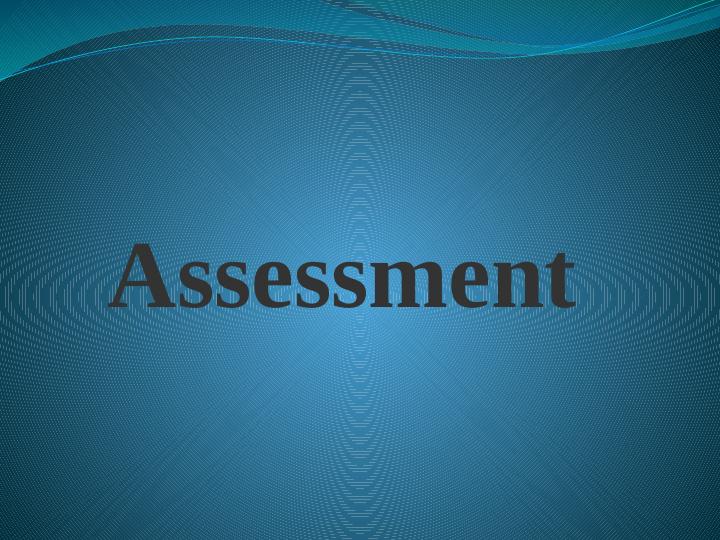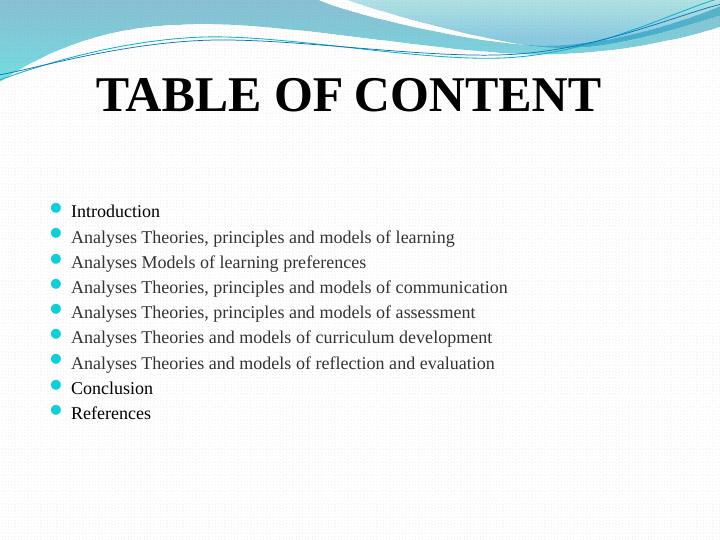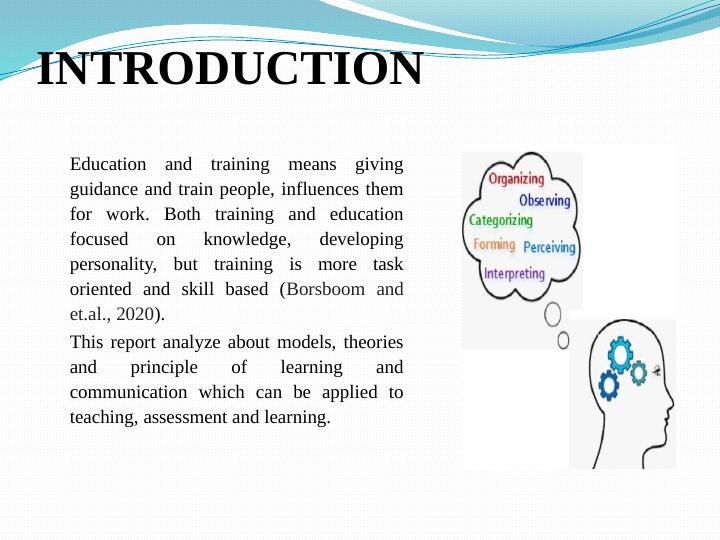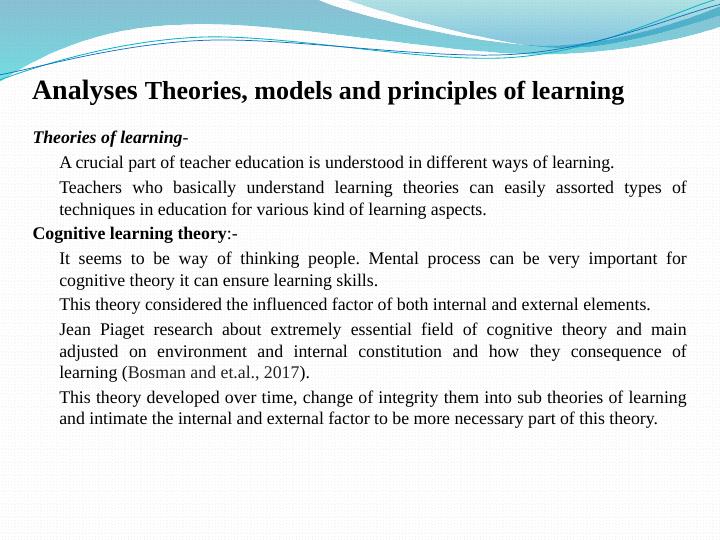Theories, Models, and Principles of Learning, Communication, Assessment, Curriculum Development, Reflection, and Evaluation
Added on 2023-01-03
15 Pages1481 Words68 Views
End of preview
Want to access all the pages? Upload your documents or become a member.
Theories, Principles and Models in Education and Training
|18
|5597
|480
THEORIES, PRINCIPLES AND MODELS OF LEARNING IN EDUCATION
|10
|2366
|90
Theories, Principles and Models in Education and Training
|17
|6826
|388
Theories, principles and models in education and training
|16
|5763
|440
Theories, Principles and Models in Education and Training - Desklib
|17
|5520
|418
Theories, Principles and Models in Education and Training - Desklib
|21
|6889
|468




